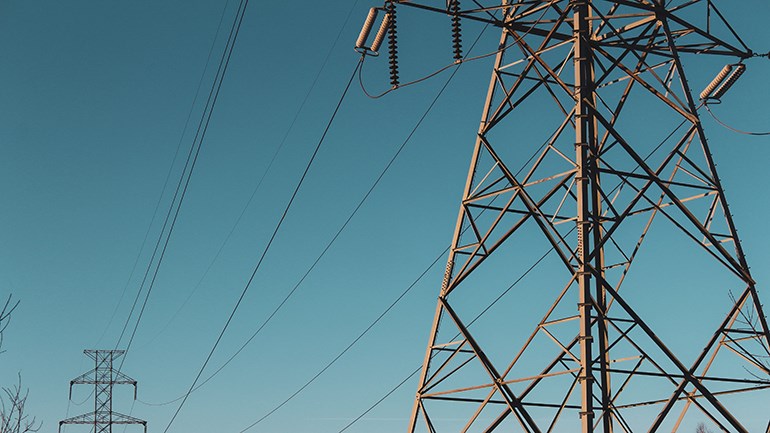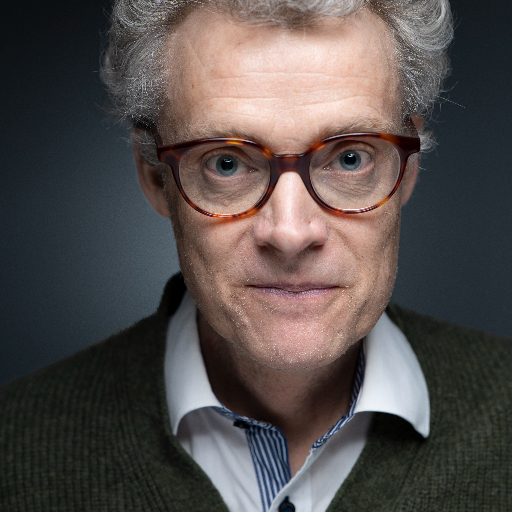We need to talk more about energy justice

Where we get our energy from is an ever-pressing concern, but are we ignoring the concept of energy justice? A Malmö University researcher has brought together politicians, civil servants and environmental organisations to consider the issue.
“The aim was to get the participants to understand the relevance of justice issues in energy production; that they should gain a greater understanding of other actors' perceptions and think through their own,” says Anders Melin, associate professor and researcher in ethics.
Most of us don't want to think about how our driving can affect people all over the world in the long term.
Anders Melin
As part part of his research project, he had also examined how justice issues receive attention within contemporary energy policy; the project focussed on Sweden. The result showed that justice is not part of the mission of civil servants who produce energy scenarios and that it is very rarely brought up in parliamentary motions related to energy policy. The emphasis is instead on economics and technology.
Along with his colleagues, Melin has, in a series of workshops, allowed groups with knowledge of the matter – politicians, civil servants and representatives of trade unions and environmental organisations – to discuss different scenarios around energy use in 2035. Envisioning futures with or without nuclear power , or with elements of or completely without fossil fuel. The participants discussed the different variants from a justice perspective and how do they affect different groups in society both nationally and globally?
“They also discussed different perceptions of justice and what relevance it has to the energy issue and choice of scenario. Who gets advantages and who gets disadvantages from energy production and energy consumption respectively?” says Melin.
For example, a higher petrol tax hits people in rural areas harder than those who live in cities. Melin also mentions the expansion of wind power in areas inhabited by the Sámi – the indigenous people living across Sweden, Norway, Finland and Russia.
Recently electricity prices have been raised, but generally the energy discussion is about technical or economic factors. For many of the participants, the justice aspect meant a new and instructive perspective on the issue. The opinions varied quite strongly, according to Melin. The left-wing parties and environmental organisations were significantly more positive than others about a greatly reduced energy consumption. Only a few changed their attitude compared to what they thought before the workshop.
“Most of us don't want to think about how our driving can affect people all over the world in the long term. With us, energy poverty has not been a problem, but as electricity prices increase, discussions are starting,” says Melin.
These are the difficult questions that Melin believes we must consider now we look to phase out fossil fuels.
“How do we ensure that it does not affect certain groups or parts of the world more than others. We need to include issues of justice more in the choice of energy strategies,” concludes Melin.
Text: Magnus Jando & Adrian Grist
